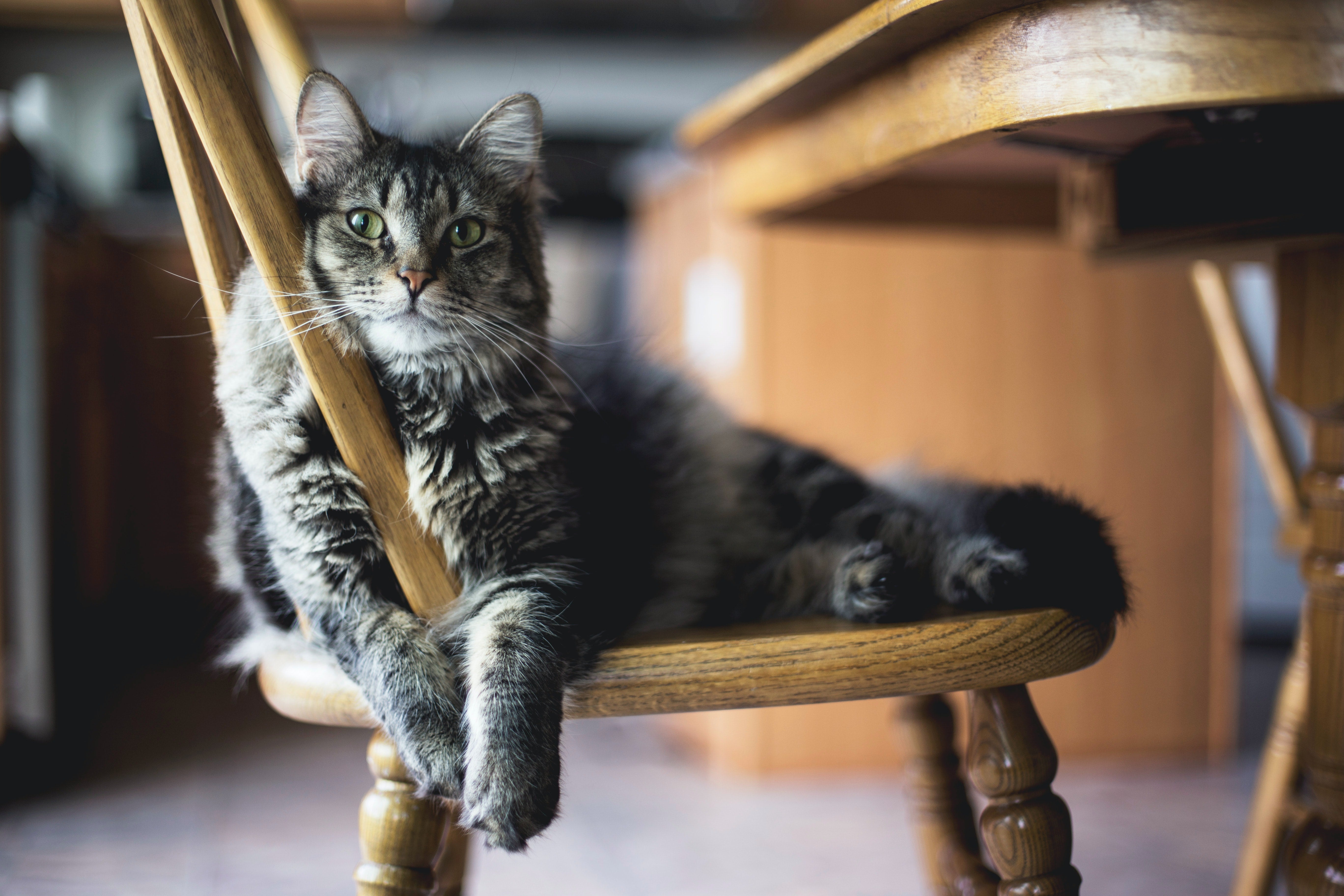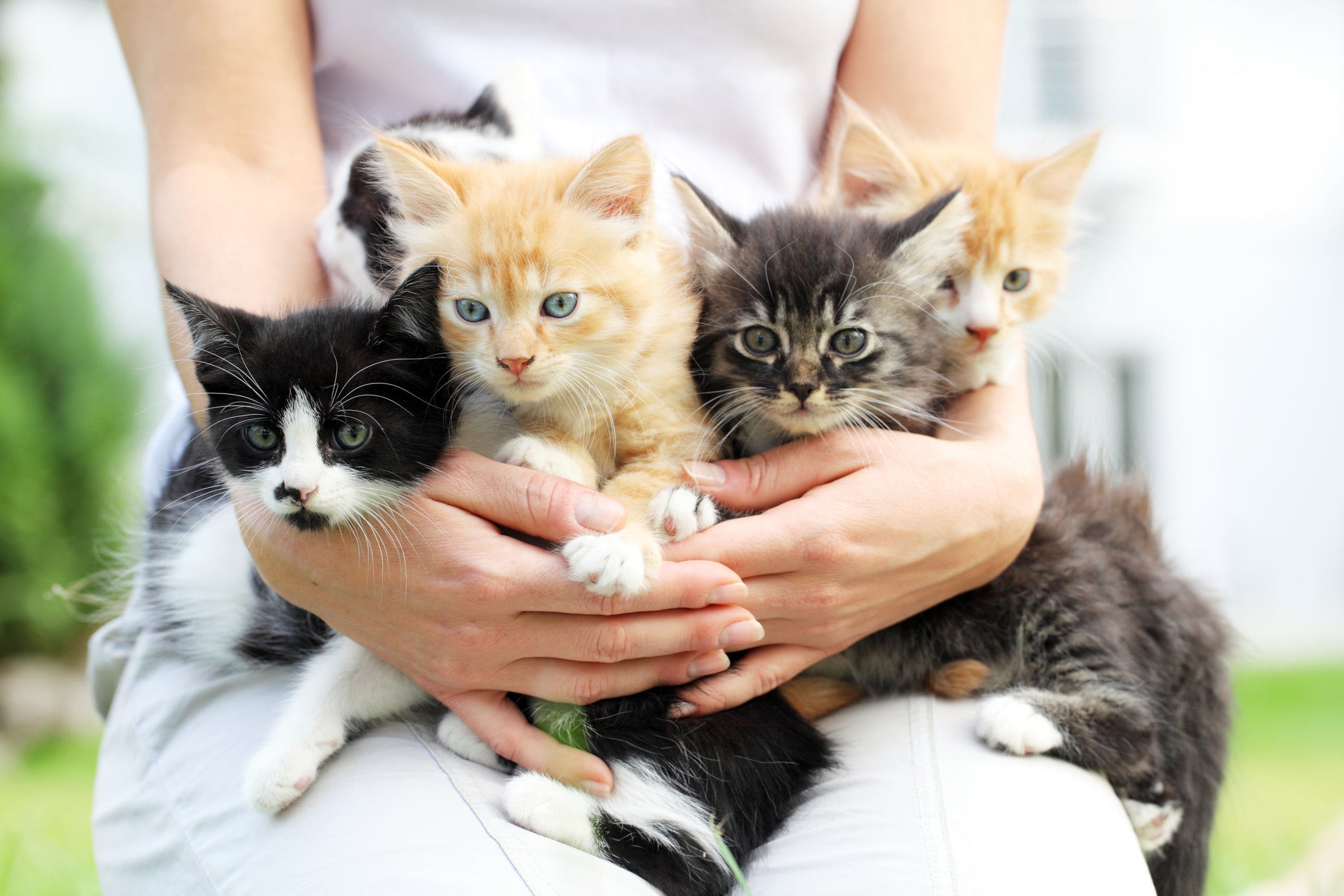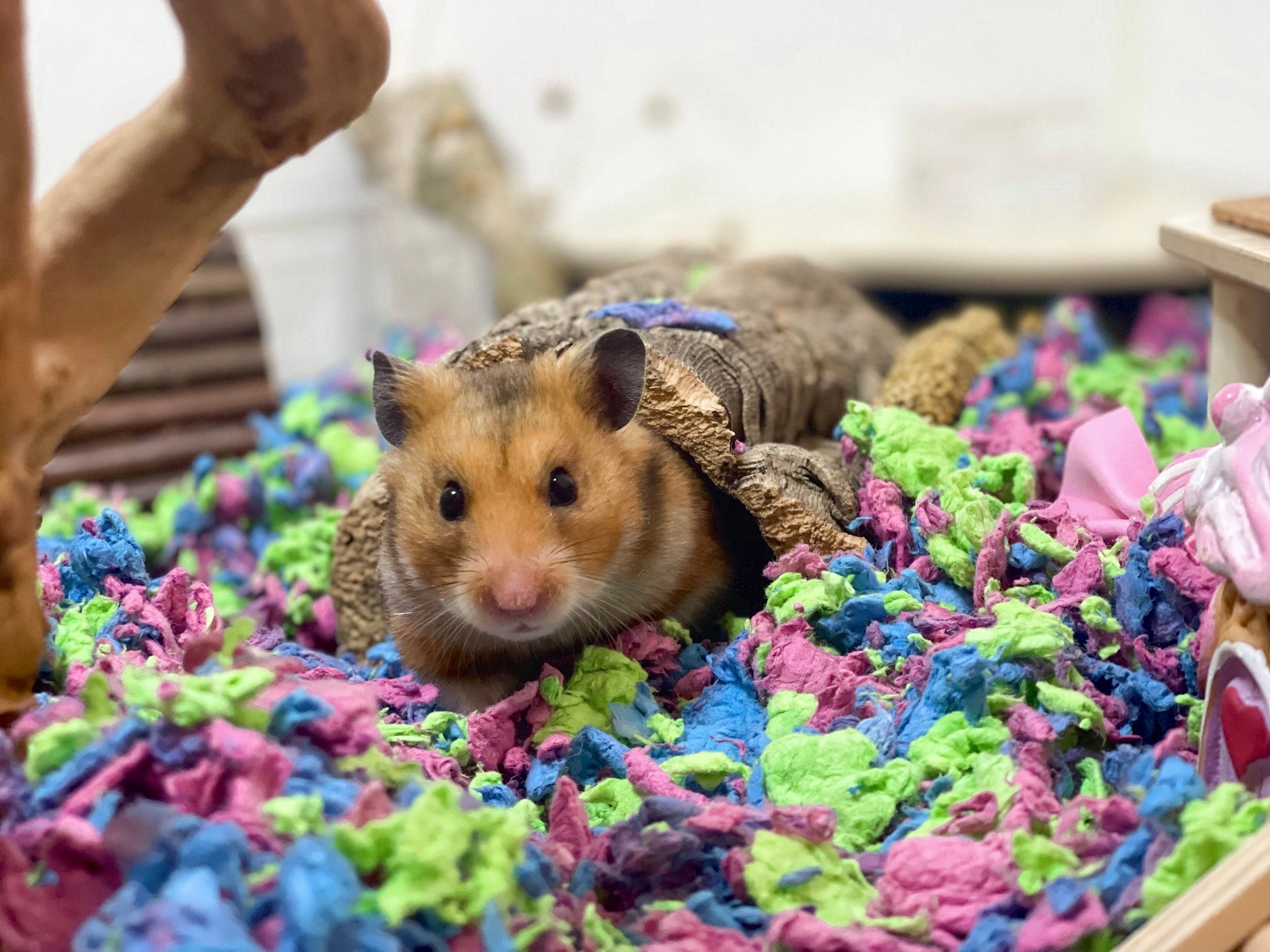
The Most Common Ailments Affecting Senior Cats (Part 2)
Photo by Kari Shea on Unsplash
This is Part 2 of most common ailments affecting senior cats. Becoming familiar with the most common ailments affects senior cats will help you stay on top of your cat’s health. The five most common ailments affecting senior cats include: kidney disease, diabetes, thyroid disease, cancer, and dental disease. Becoming familiar with the most common ailments affects senior cats will help you stay on top of your cat’s health. First let’s tackle kidney disease, what causes it, how it’s diagnosed and how it is treated.
Kidney disease and diabetes are not the only diseases to affect older cats. Rounding out the most common aliments afflicting geriatric cats includes thyroid disease, cancer, and dental disease.
Thyroid Disease
Hyperthyroid disease is one of the most common diseases found in older cats. The thyroid gland produces hormones that control metabolism. Hyperthyroid disease is caused by overproduction of thyroid hormone, usually from a benign tumor on the thyroid gland called adenomas.
Cause
The cause of hyperthyroid disease in cats is unknown. However, the current theory is that the increased incidence of hyperthyroid disease after 1980 may be due to environmental factors such as BPA, phthalates, and fire retardants.
Signs and Symptoms
- Weight loss
- Increased appetite
- Hyperactivity/restlessness
- Increased heart rate
Diagnosis
- Blood tests
- Examination and evidence of prominent thyroid gland
Treatment
Treatment options include surgical removal of the affected thyroid gland (thyroidectomy), radioactive iodine to destroy the gland, or medication to suppress the tumor’s secretions.
Thyroidectomy is curative but the procedure is invasive, can have serious complications, and may not be suitable for cats with high general anesthesia risk, such as older cats, or cats with heart or advanced kidney disease. Treatment with radioactive iodine is also curative and is considered the gold standard because it is non-invasive. However, radioactive iodine is the most expensive, may not be available everywhere, and is not ideal for cats with concurrent kidney disease. Finally, medications are easily available, inexpensive, and effective, but are not curative and require lifelong administration. Unfortunately, hyperthyroidism is not preventable.

Cancer
Cancer is another all-too-common ailment seen in older cats. What is cancer exactly? Cancer is a genetic change in a cell that causes it to divide and proliferate uncontrollably. There are two types of cancer: benign and malignant. Benign tumors grow but do not invade tissue and do not spread to distant locations. Malignant tumors grow invasively and can metastasize (spread throughout the body).
Most common cancers in cats
- Lymphoma
- Squamous cell
- Fibrosarcoma
- Mammary cancer
Signs and Symptoms
- Weight loss
- Decreased appetite
- Vomiting
- Diarrhea
- Lumps and Bumps
Diagnosis
- Physical examination
- Radiographs, ultrasound, endoscopy
- Biopsy or fine needle aspirate of any masses
Treatment
The treatment depends on the type of cancer and location. As is the case with other diseases, typically the earlier cancer is detected the better the prognosis. Treatment may include surgery, chemotherapy or radiation. In recent years, our ability to treat cancer has improved dramatically and pets are living longer. It is important for people to know that cancer treatment in pets is very different than in humans. Cats are not treated as aggressively as humans, they do not lose all their hair, should not be vomiting or become weak. The goal is to prolong cat's life while still maintaining quality of life. Treatments are at much lower levels and are better tolerated. In addition to conventional treatment methods, you can explore ways to help your cat fight cancer naturally for a more holistic approach to supporting their well-being.
Prevention
You may be surprised to learn that some cancers are preventable. So how can you prevent cancer in your cat? Keep your cat inside to prevent sun-induced squamous carcinoma. If your cat goes outside, vaccinate against FeLV to prevent leukemia and reduce the risk of lymphoma. Spay your cat before their first heat to decrease the risk of mammary carcinoma.

Dental Disease
According to the American Veterinary Dental Society (AVDS), 75% of pets over the age of four have dental disease. Dental disease doesn’t just lead to bad breath, it can lead to tooth loss, painful tooth root abscesses, difficulty eating, and other serious health problems.
Cause
The combination of food, saliva, and bacteria leads to plaque formation. If not removed by brushing it mineralizes and becomes tartar. Tartar accumulation promotes bacterial infections below the gumline, which results in gum recession and destruction of the tooth’s support structures. Unless treated, pain and tooth loss can occur and bacteria can enter the blood stream and spread to organs, like the kidney, liver and heart.
Risk Factors
Dental disease can occur at any age, but is more common in older cats and certain breeds, like Abyssinians and Siamese that appear to have a genetic predisposition for dental disease and often develop dental issues early.
Signs and Symptoms
- Bad breath
- Drooling
- Decreased appetite
Diagnosis
Examination
Treatment
If your cat already has dental disease a complete dental cleaning by your veterinarian is necessary. This involves an evaluation of the oral cavity and cleaning not only the surface of the teeth, but getting under the gumline where the majority of bacteria and tartar are found.
After the teeth are cleaned, they are polished to smooth the roughened surfaces that were created by the cleaning. Lastly the entire mouth is checked again and dental x-rays will likely be used to assess the extent of the dental disease and the need for any tooth extractions or additional work. The best way to prevent dental disease is to brush your cat’s teeth regularly with cat toothpaste. Non-anesthetic dentals but these are not recommended because they do not get to the root of the problem, they clean only the surface of the teeth (which is cosmetic) and are usually not able to do subgingival cleaning and definitely can’t take x-rays or evaluate each tooth.
Becoming familiar with the most common ailments affecting geriatric cats will help detect illness earlier and ensure your senior cat lives out its golden years in good health.









